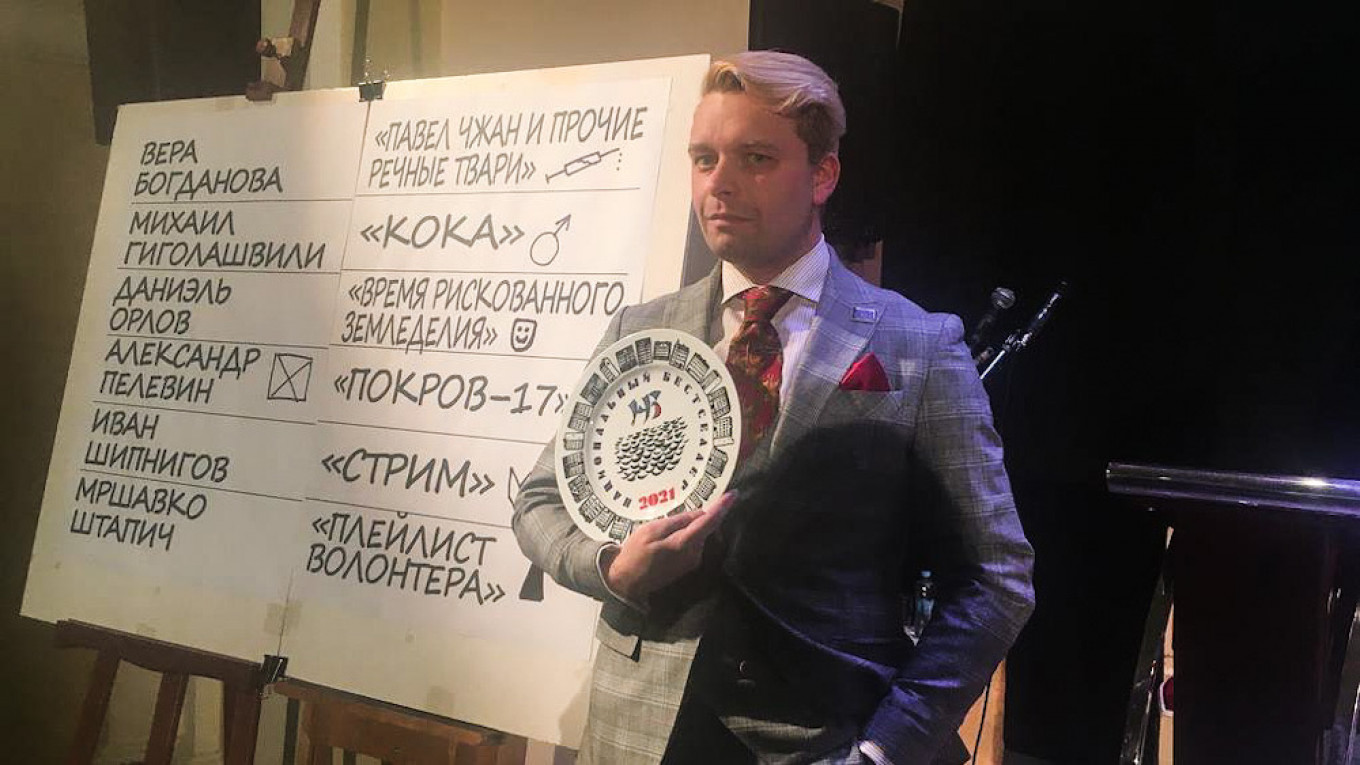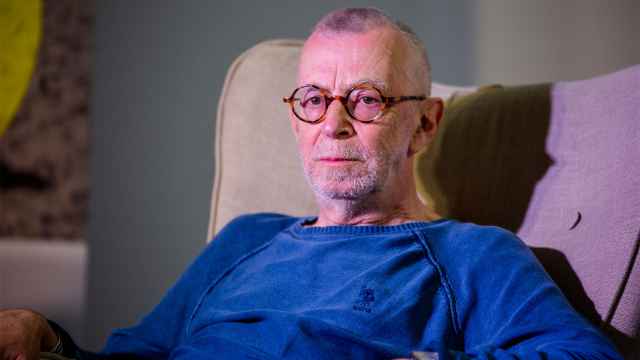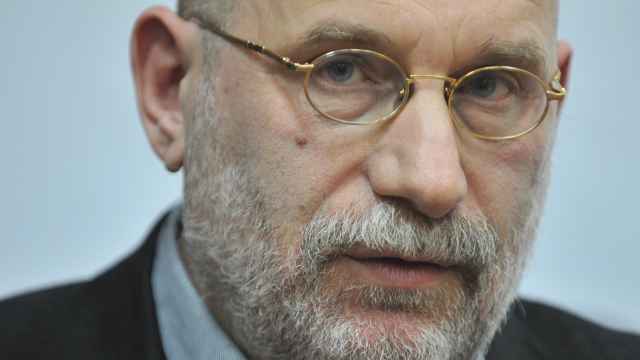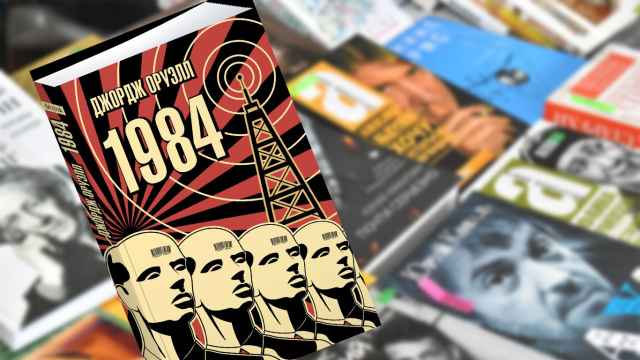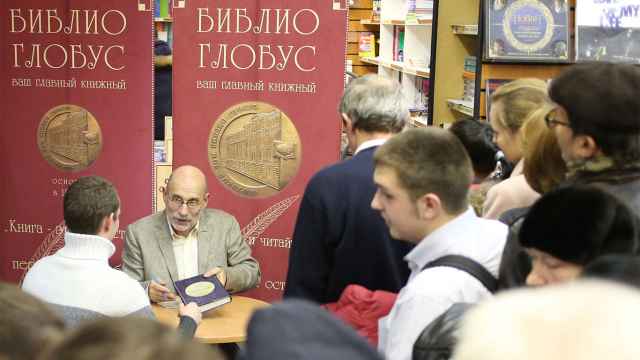This year’s winner of the prestigious Russian National Bestseller Award was announced in St. Petersburg on May 29. The award went to writer and journalist Alexander Pelevin for his novel “Pokrov-17.” Fusing Russian reality circa 1993 with mysticism, it tells the story of Moscow journalist Andrei Tikhonov, who is sent on a mission to the military town of Pokrov-17 — only to discover a corpse in the trunk of his car. The mysteries are revealed over the course of the novel, and the author, true to the motto of the awards, will “Wake Up Famous” in the days after receiving his prize.
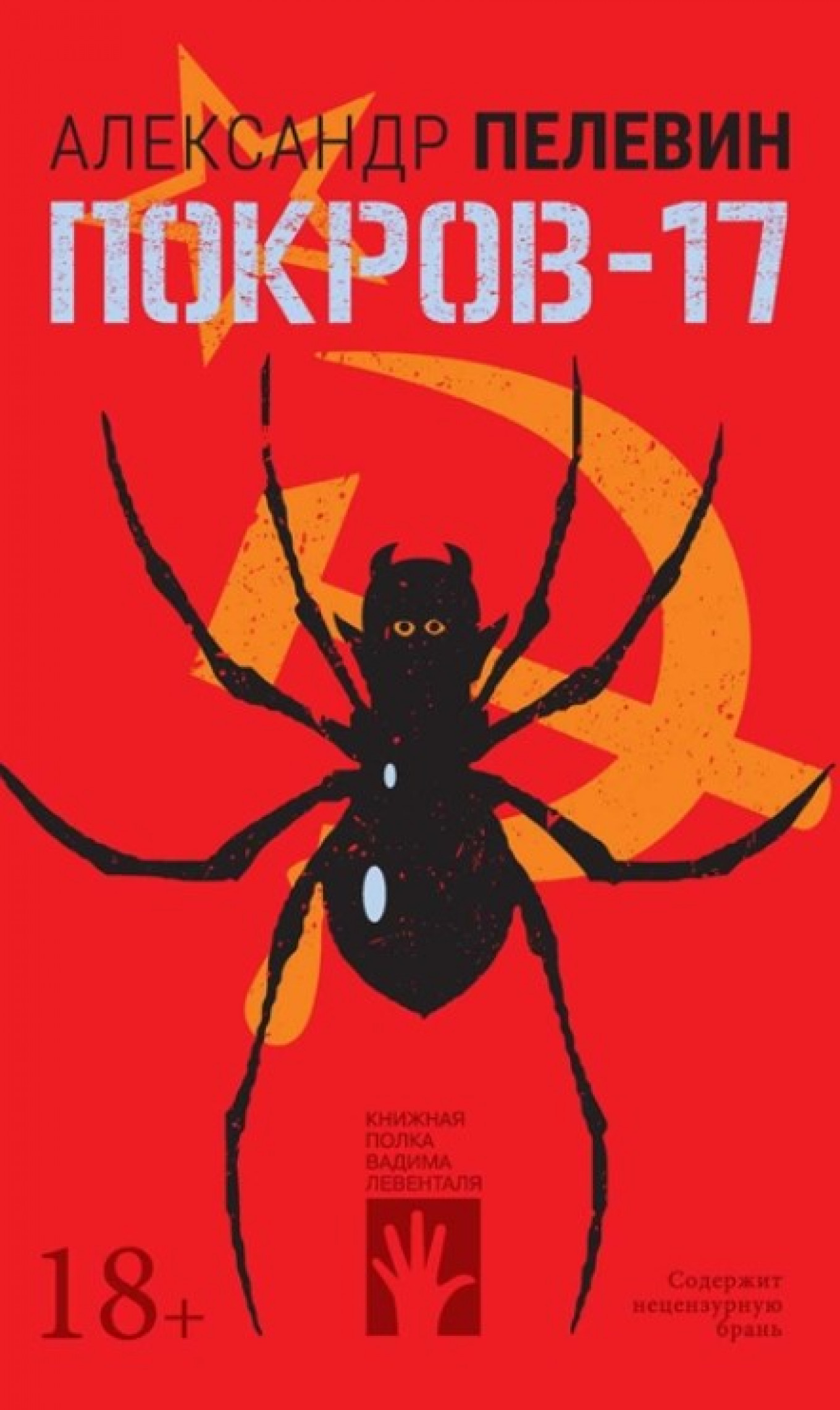
The National Bestseller Awards were established in 2001 by Valentin Tublin, a publisher and writer, and Viktor Toporov, a literary critic and translator. They came up with a unique process to nominate books and choose a winner. First a group of nominators, chosen by the organizing committee and consisting of foreign and Russian writers, literary critics, publishers and other cultural figures, each choose one book that has been published or seen in manuscript. This long list is then considered by the Big Jury of literary critics, where it is honed down to a short list of about six books. Those books are read by the Small Jury of “enlightened readers” — not publishing or literary professionals — who vote for one winning book and author. The author receives 600,000 rubles (about $8,200) of which 10% must be shared with the nominator, and the other shortlisted authors each receive 60,000 rubles (about $820).
This year proved a moment of triumph for newcomers. Out of the short list’s six finalists, three writers were nominated with their debut novels and two writers hadn’t yet published their works. One of them, Ivan Shipnigov’s “Stream,” was picked up by the Livebook publishing house during the competition.
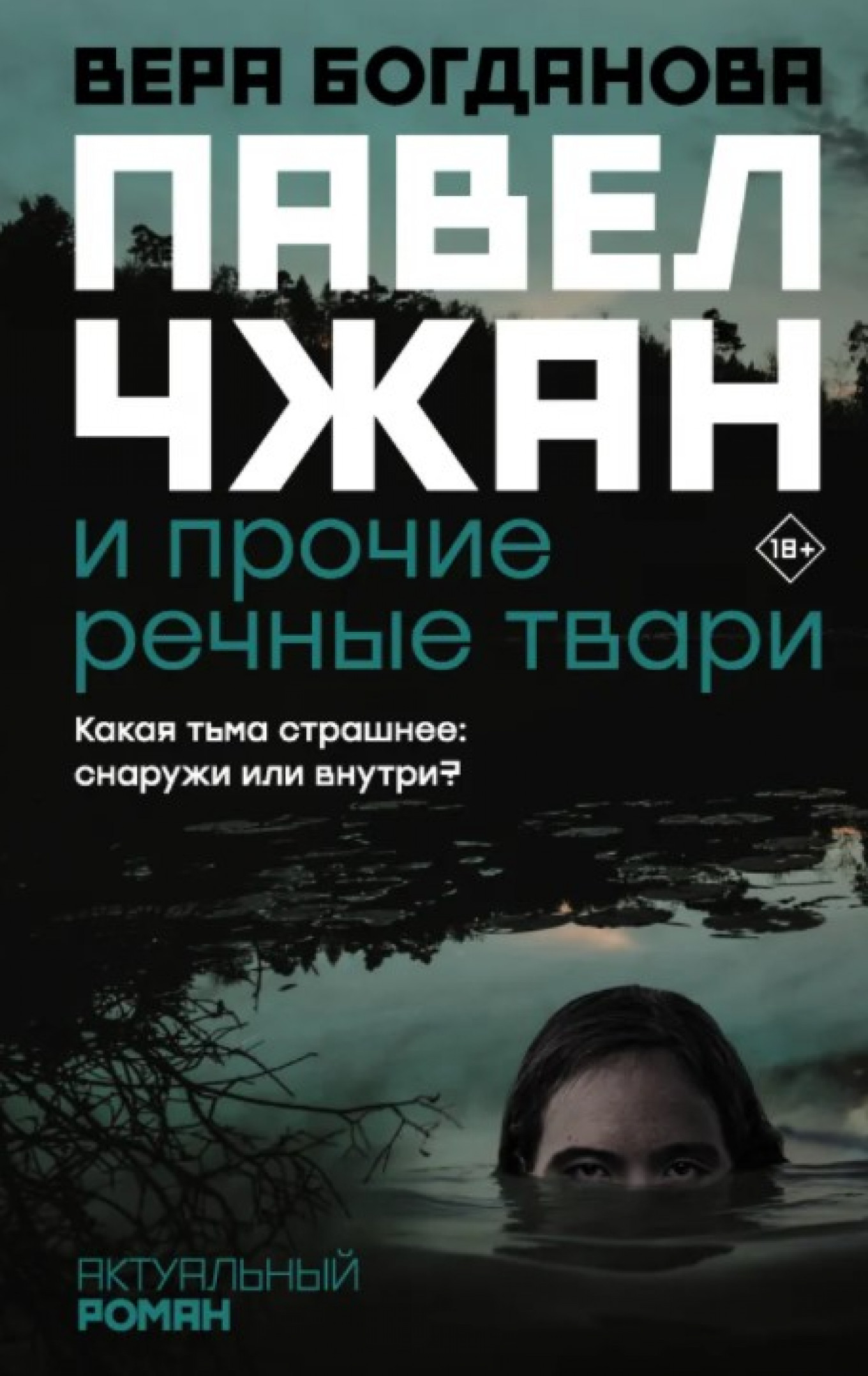
Signs of the times
The new Russian literary reality, as seen through the National Bestseller lens, is a world of drug addicts, volunteers, online messengers, and Russia’s trademark never-ending search of justice. In addition to Pelevin’s book, the 2021 short list featured Mikhail Gigolashvili’s “Coca” — a sentimental journey of a young drug-addict across Europe in search of adventures and a score; Vera Bogdanova’s anti-utopia in “Pavel Chzhan and Other River Beasts”; Mrshavko Shtapich’s “A Volunteer’s Playlist,” a novel written from the point of view of a Liza Alert search-and-rescue volunteer; Ivan Shipnigov’s novel “Stream,” made up of bits and pieces of messenger chats; and Daniel Orlov’s “Time for Risky Agriculture” — a story revolving around truth-seeking in a very typical Russian way.
Dmitry Morozov, general director of Biocad pharmaceutical company and a member of the Small Jury, told The Moscow Times that he thought the shortlisted novels had absorbed the zeitgeist of the covid pandemic. “The shortlisted novels create a very fair picture of our life today,” he said. “The characters and the authors’ approaches to the subjects are something I know well: confused self-identity, loneliness, the new ethics, and viruses running wild — but all without a sense of hopelessness. On the contrary, there is some moderate optimism and they are written tongue-in-cheek.”
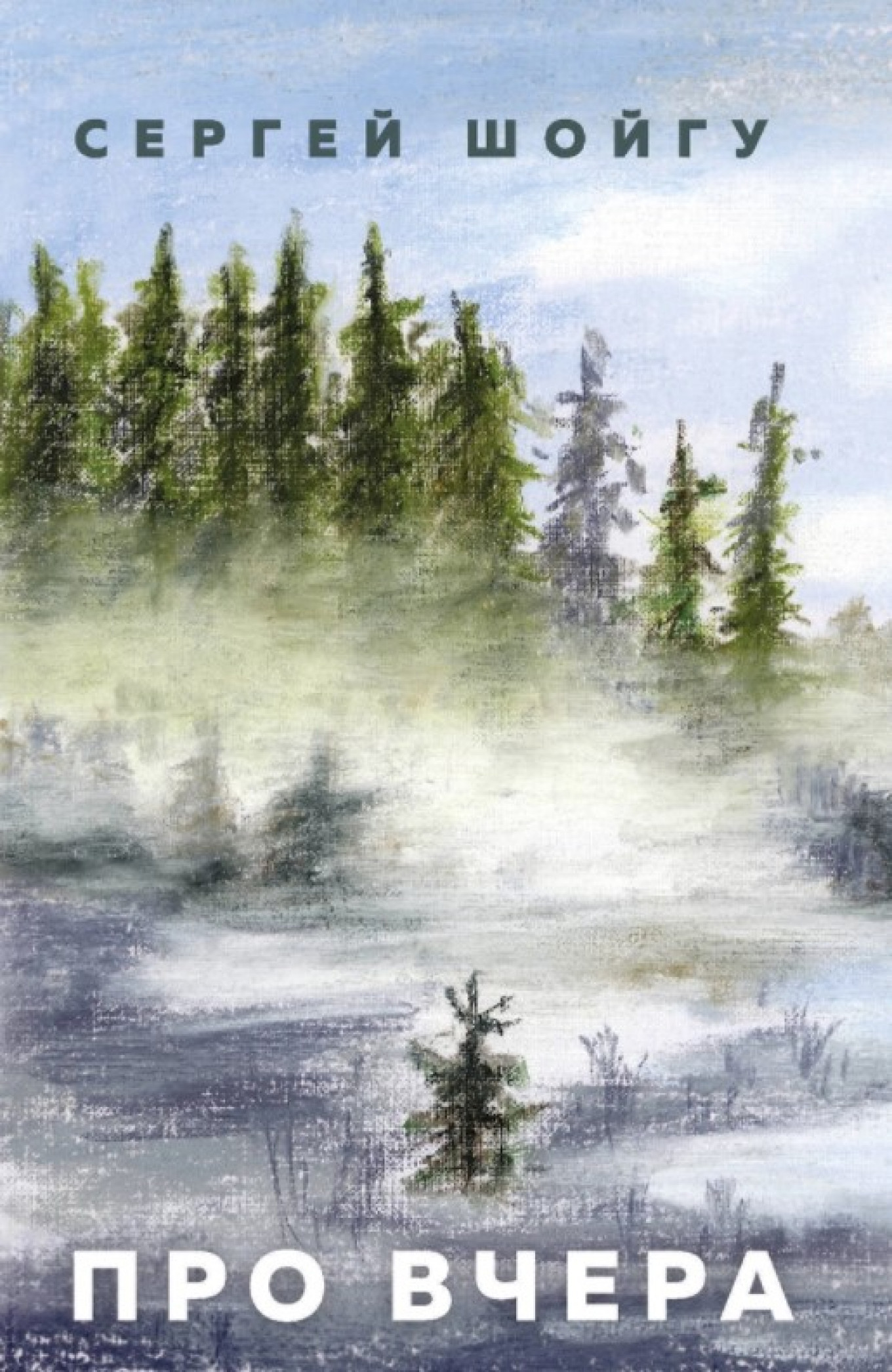
The most notable debut author in the long list was Russian Defense Minister Sergei Shoigu, whose nominated book “About Yesterday” is a series of nostalgic stories from the last Soviet and first post-Soviet years. “Shoigu’s book inspired a record number of reviews: out of the 20 members of the Big Jury, 14 reviewed it,” Vladislav Tolstov, a literary critic and executive secretary of the award, told The Moscow Times. “Unfortunately, it didn’t make it to the shortlist. But I’d like to stress that reviewers considered it as a work of literature, with its strong points and weakness, not an opus by the minister of defense…. We’d like to encourage him in his writing, and so we asked him to preside over the Small Jury in 2022,” Tolstov said.
On the reading list
Another finalist that drew much attention was Mikhail Gigolashvili with his novel “Coca.” The main character, a young man of Georgian origin, Nikoloz Gamkereli, is a globe-trotting drug-addict. “This novel is a rare case of the main character being essentially the subject of the book,” said Yelena Shubina, head of Yelena Shubina Publishers, who nominated “Coca.” “Scenes of hell, complete with a drug overdose and crime bosses, a madhouse in Germany, a prison in Dagestan — all these mingle with the images of paradise: childhood memories of hometown Tbilisi, nostalgia, affection for his family. And, as with every truly grand book, the second main character is the language. From prison jargon and Old Tbilisi slang to the rigid style of German in a medical examination and the witty disputes of homeless dreamers (or philosophers) living in the streets of Amsterdam — it is full of life and color.”
Olga Lyabina, the general director of Livebook, the publisher that picked up “Stream,” told The Moscow Times that “It’s a delight for a publisher to see new names and unpublished works. It brings a valuable sense of discovery to the award,” she said.
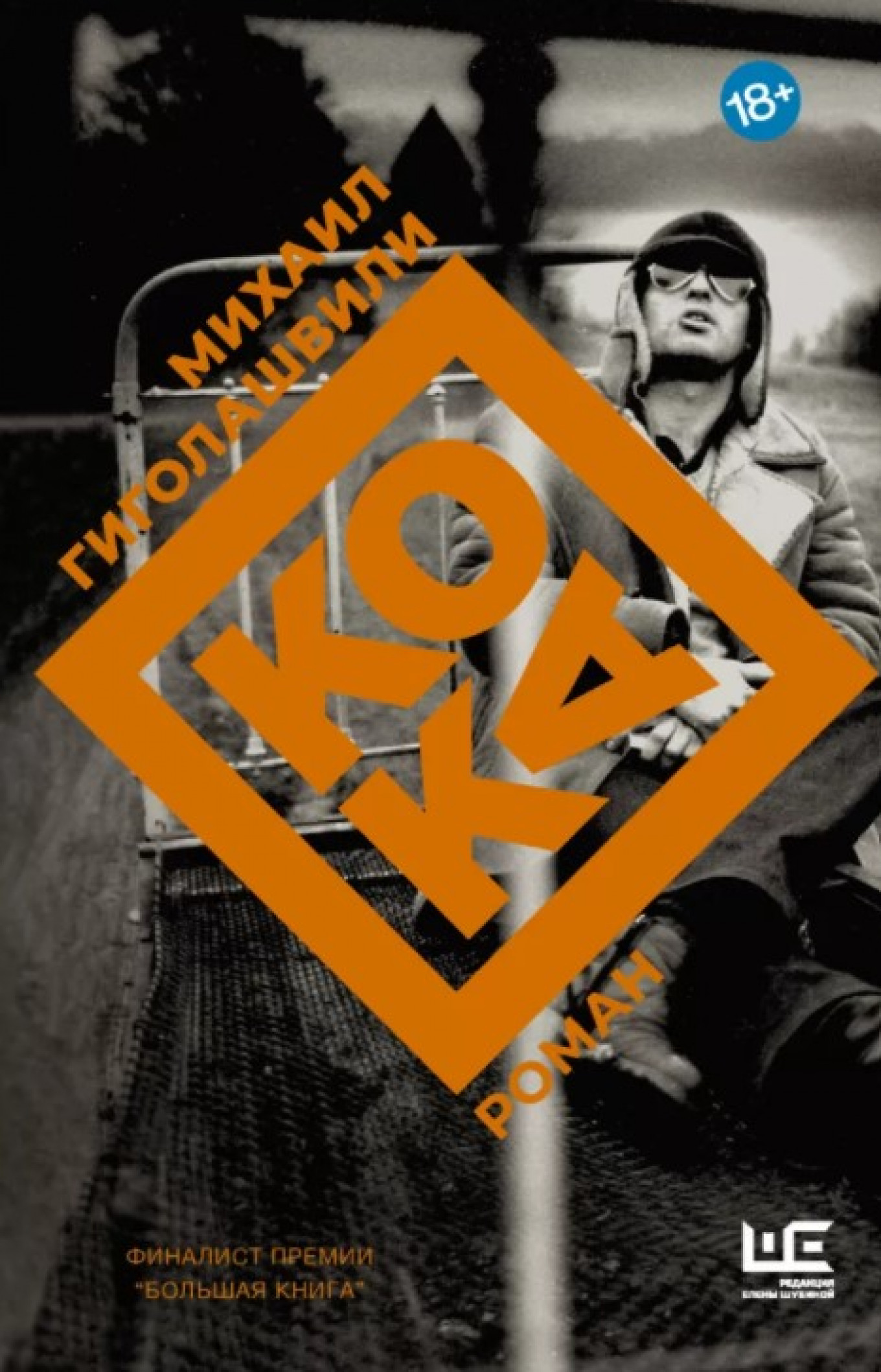
The nominated books didn’t include any novels based on historical events. Writers seem to be inspired by today’s realities or try to look into the future. “I think the authors are very much influenced by the tectonic changes around us, and they feel they ought to at least describe them, to reflect on them, to analyze them, where possible,” Morozov said.
“These reflections are crucially important in difficult times,” he continued, “when each new day brings hard choices and tremendous pressure. We see changes upon us, and we strive to live up to the new challenges. The new literature reflects this.”
A Message from The Moscow Times:
Dear readers,
We are facing unprecedented challenges. Russia's Prosecutor General's Office has designated The Moscow Times as an "undesirable" organization, criminalizing our work and putting our staff at risk of prosecution. This follows our earlier unjust labeling as a "foreign agent."
These actions are direct attempts to silence independent journalism in Russia. The authorities claim our work "discredits the decisions of the Russian leadership." We see things differently: we strive to provide accurate, unbiased reporting on Russia.
We, the journalists of The Moscow Times, refuse to be silenced. But to continue our work, we need your help.
Your support, no matter how small, makes a world of difference. If you can, please support us monthly starting from just $2. It's quick to set up, and every contribution makes a significant impact.
By supporting The Moscow Times, you're defending open, independent journalism in the face of repression. Thank you for standing with us.
Remind me later.


